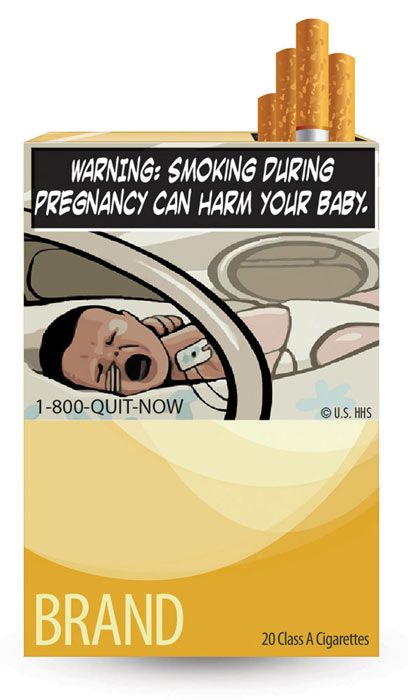
 |
| (The warning label on cigarette packaging U.S. HHS) |
WASHINGTON, Nov. 19 (Xinhua) -- U.S. researchers have found that children born to mothers who smoked more than one pack per day during pregnancy struggled on tests designed to measure how accurately a child reads aloud and comprehends what they read, according to a study published this week in the current Journal of Pediatrics.
Related:Failed again? Quit smoking could not be hard
Lead author Jeffrey Gruen, professor of pediatrics at Yale University School of Medicine, and colleagues analyzed data from more than 5,000 children involved in the Avon Longitudinal Study of Parents and Children, a large-scale study of 15,211 children from 1990-1992 at the University of Bristol in the United Kingdom.
Gruen and his team from Yale and Brock University in Canada, compared performance on seven specific tasks -- reading speed, single-word identification, spelling, accuracy, real and non-word reading, and reading comprehension -- with maternal cigarette smoking, after adjusting for socioeconomic status, mother-child interactions, and 14 other potential factors.
They found that on average, children exposed to high levels of nicotine in utero -- defined as the minimum amount in one pack of cigarettes per day -- scored 21 percent lower in these areas than classmates born to nonsmoking mothers. The children were tested at age seven and again at age nine.
Among students who share similar backgrounds and education, a child of a smoking mother will, on average, be ranked seven places lower in a class of 31 in reading accuracy and comprehension ability.
"It's not a little difference -- it's a big difference in accuracy and comprehension at a critical time when children are being assessed, and are getting a sense of what it means to be successful," said Gruen.














 Landmark building should respect the public's feeling
Landmark building should respect the public's feeling


![]()
